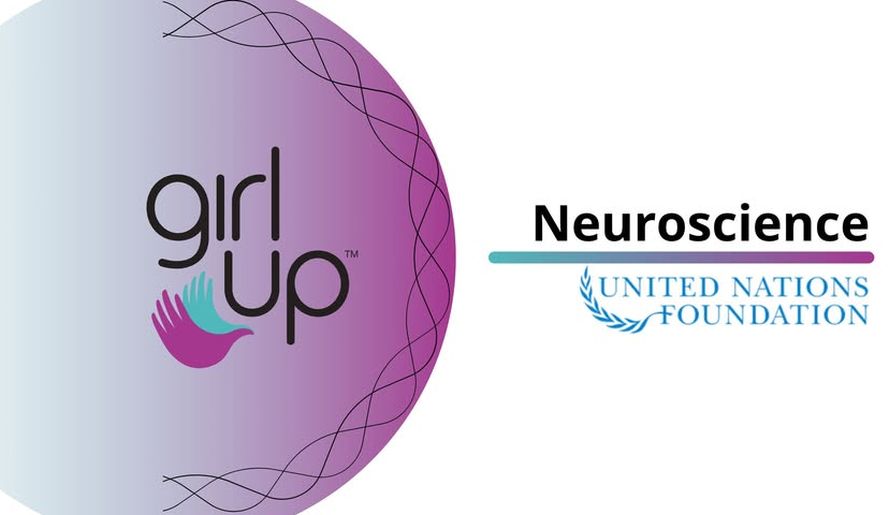Higher Education in Romania
The percentage of university graduates in Romania is the smallest in the EU

Christine Leșcu, 06.09.2017, 13:40
As communist society promoted the
proletariat at an ideological level, higher education studies were not
encouraged at all. College seats were just a few, exams were difficult and the
competition very high. It’s no wonder that in the early 1990s, Romania was
facing a shortage of university graduates. In 1992, only 5.8% of the population
graduated from a university. Since then, however, many private universities
have emerged and state universities have increased the number of available
seats, and therefore the situation has
improved significantly, but not enough as compared to the other European
countries. The percentage of university graduates in Romania is the lowest in the EU,
even of those in the 30-34 age bracket: 25.6% of the population of that age
graduated from a higher education institution, while the European average is
39.1%. Looking for causes, the poor economic situation of the majority
population and certain characteristics of the education system in Romania
always come up, as Mihai Dragos, president of the Youth Council in Romania told
us:
Mihai Dragos:
We must see what happens in the pre-university environment. Only 48% of the
students manage to pass the baccalaureate exam. Also, we must take into account
the school dropout rate, which has increased in the past years, reaching 18%
today. Also, there are studies conducted by various student organizations that
indicate a high rate of school dropping in the university education system,
especially at bachelor level. Some 35-40% of the young people who enroll into a
university do not manage to graduate. Many times they get to study a field that
does not suit them and their realize
that’s not what they want to study and decide to either change the faculty or
get a job and therefore they no longer have time to study. It also happens that
some students can no longer afford to attend a higher education institution.
VF Unavoidably, furthering one’s education is
very much influenced by financial and economic factors. Some families simply
cannot cover such expenses. On the other hand, there are many people who belive
that there is no point in attending a
higher education institution, as this doesn’t really help people become successful
in life. It’s a wrong perception, though, because studies have shown that most
of the unemployed are people with no higher education, as Victoria Stoiciu from
the Friedrich Ebert foundation said:
Victoria Stoiciu: The question is whether higher
education pays off. It is a costly investment for many people. Many people are
not born and bred in cities that are university centers. Apart from tuition
fees, education entails a series of other expenses, such as those for living
and transport, which very few people can afford. The question then arises as to
the cost-efficiency ratio: is it efficient for me to invest in my own education
for four years, get a diploma that can only get me a poorly paid job, as
beginners’ jobs are generally poorly paid in Romania, or to leave for Italy or
Spain where with no diploma at all I can get a minimum salary of 800-900
Euros? For many Romanians, the answer to that conundrum is : no, investing in
education does not pay off, in the long run.
Reality runs counter to the
aforementioned perceptions, which ought to be amended by the education system
and the family, Mihai Dragos believes.
Children and teenagers do not get
any help in understanding the dynamics of society. Specifically, European
statistics show that the demand for unskilled labour is on the wane across the
EU. Yet the demand for prospective
employees who have graduated from higher education institutions is on
the rise. One of the major global trends is automation, and many factories
already used fully automated equipment for their operations. Certain jobs will
disappear and the demand for certain skills will decrease. The labor market
will be searching for people with a higher education degree. That is also part
of Romania’s long-term strategy as, if the country wants to remain competitive,
it will have to place itself in line with and prepare to cope with such trends.
Otherwise, we shall be witnessing a rise in the unemployment rate, which is
already high among youngsters and we may not be able to deal with that in 20,
30 years’ time.
VF Searching for the causes of the
currently small share of higher education graduates, the Friedrich Ebert Romania Foundation through
the Social Monitor project also took into account the so-called brain drain.
Significant as the phenomenon may be, the explanations it provides are only
partial. Each year, only 10 higher education graduation diplomas per 1000
people are granted in Romania, for persons aged 15-64, which is half the number
of similar diplomas granted in Poland and way below the EU average, the Social
Monitor has revealed.
Furthermore, knowledge for the sake of knowledge -
which has always been one of the intrinsic values of higher education – seems
to have become less attractive, according to Victoria Stoiciu:
Education is strictly approached in terms of
efficiency and the capacity to respond to
the labor market’s needs. Such an approach is not wrong, yet it also provides a
narrow approach to what education means in a broader sense, to what university
stands for. The role of education is not to just train the workforce. Education
does have that role indeed, but that in no way is the only one. Education is
also supposed to form citizens, to train people so they can develop critical
thinking, to teach us how to educate ourselves or develop ourselves. That
idealistic dimension of education is completely neglected today. To a greater
extent, emphasis is laid on the practical dimension, and this practical
dimension is simply not up to the mark.
For this situation
to change, experts who coordinate the Social Monitor recommend an increase in
the budget earmarked for education. In the last 10 years, the GDP percentage
earmarked for education has never gone beyond 5%, the lowest in Europe.






























